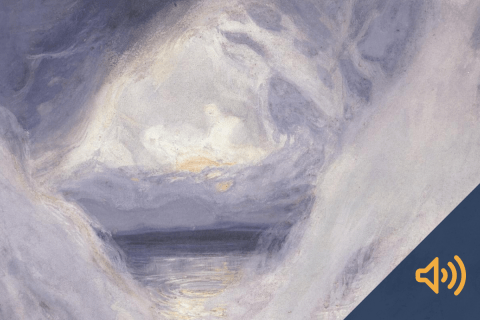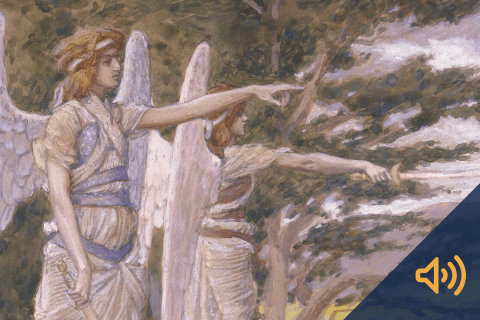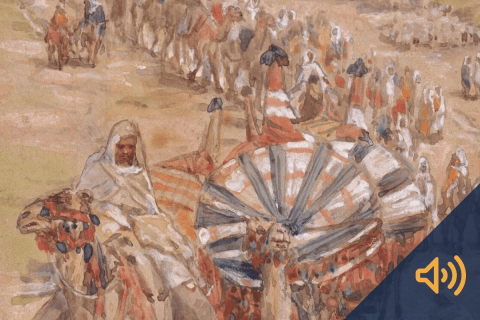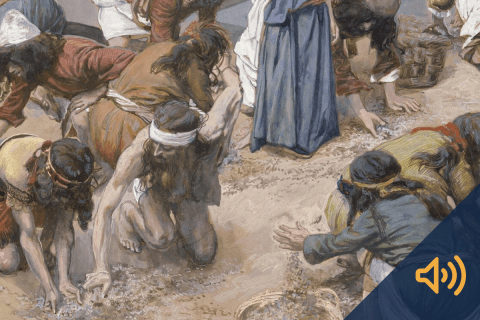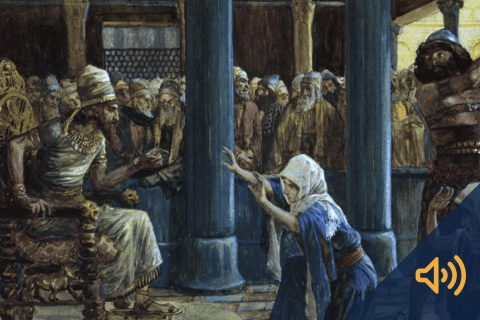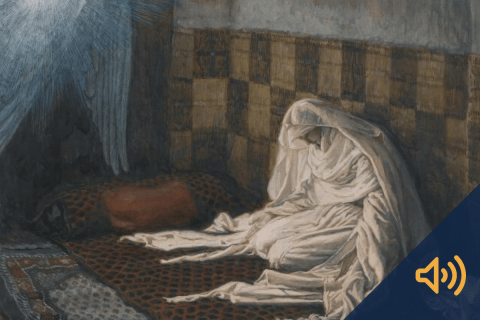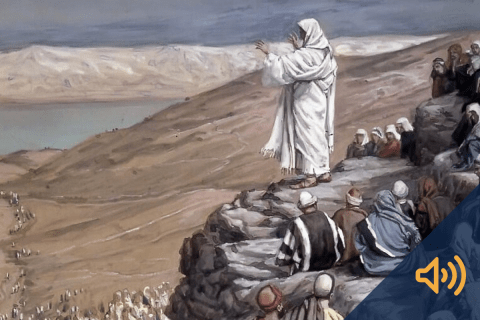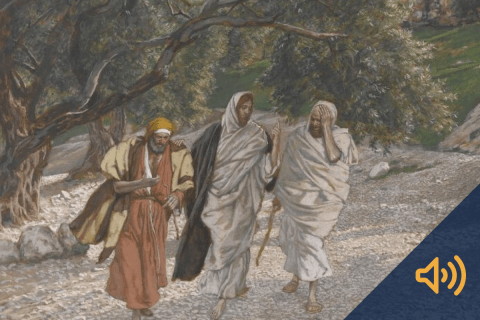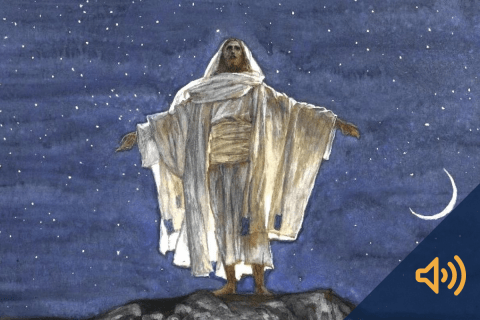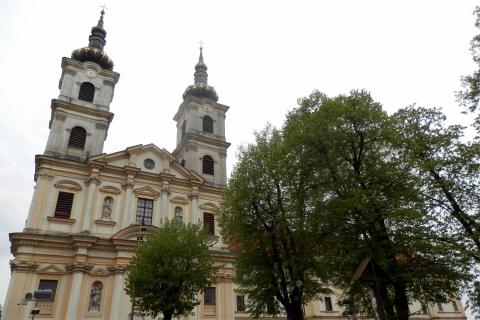All Foundations Themes
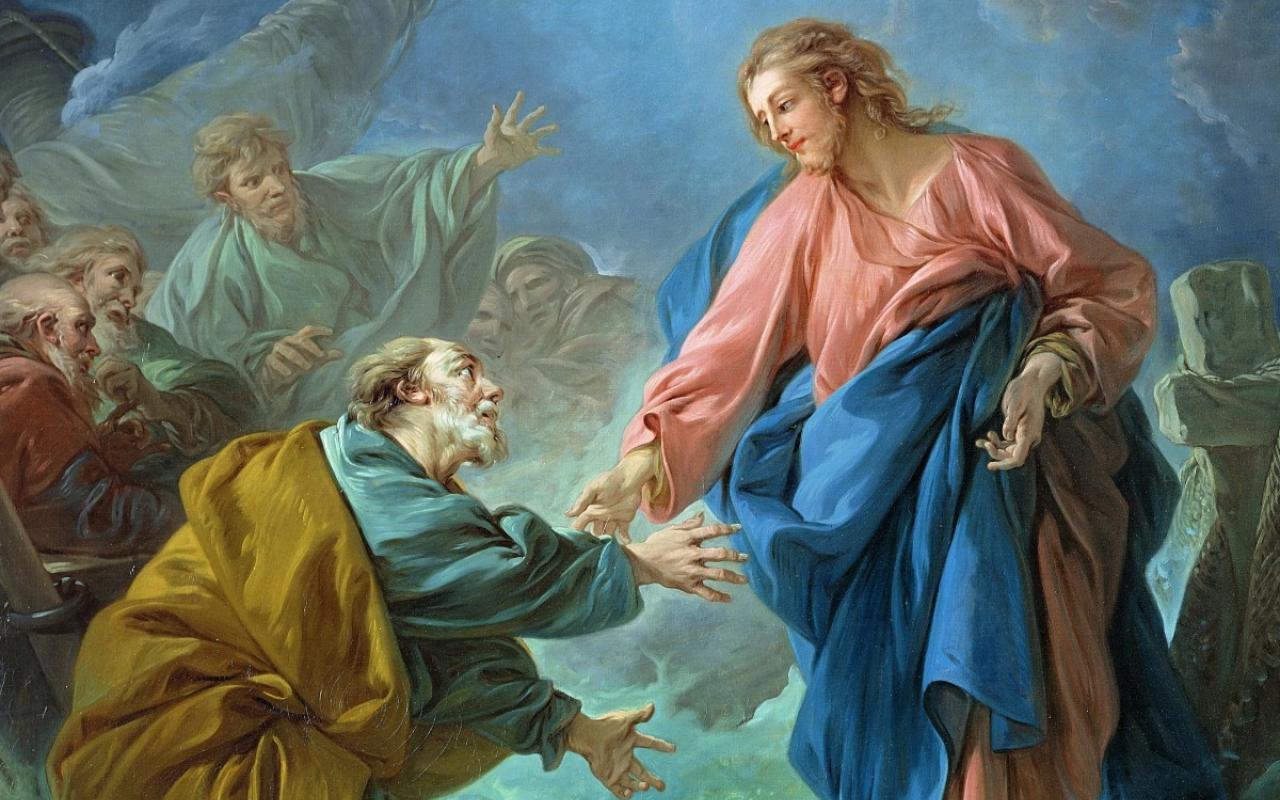
Understanding the Papacy
The Church, like Christ himself who inhabits it, is shrouded in mystery. It is a human institution, but with a divine life coursing through it. It is deeply engaged in time and place, but in its essence it transcends all times and places. It is governed by fallen humans, but Christ ultimately rules its fortunes and leads it to its fulfillment. Peter’s place in the Church participates in all of its mysteries, in its human character and in its divine life.
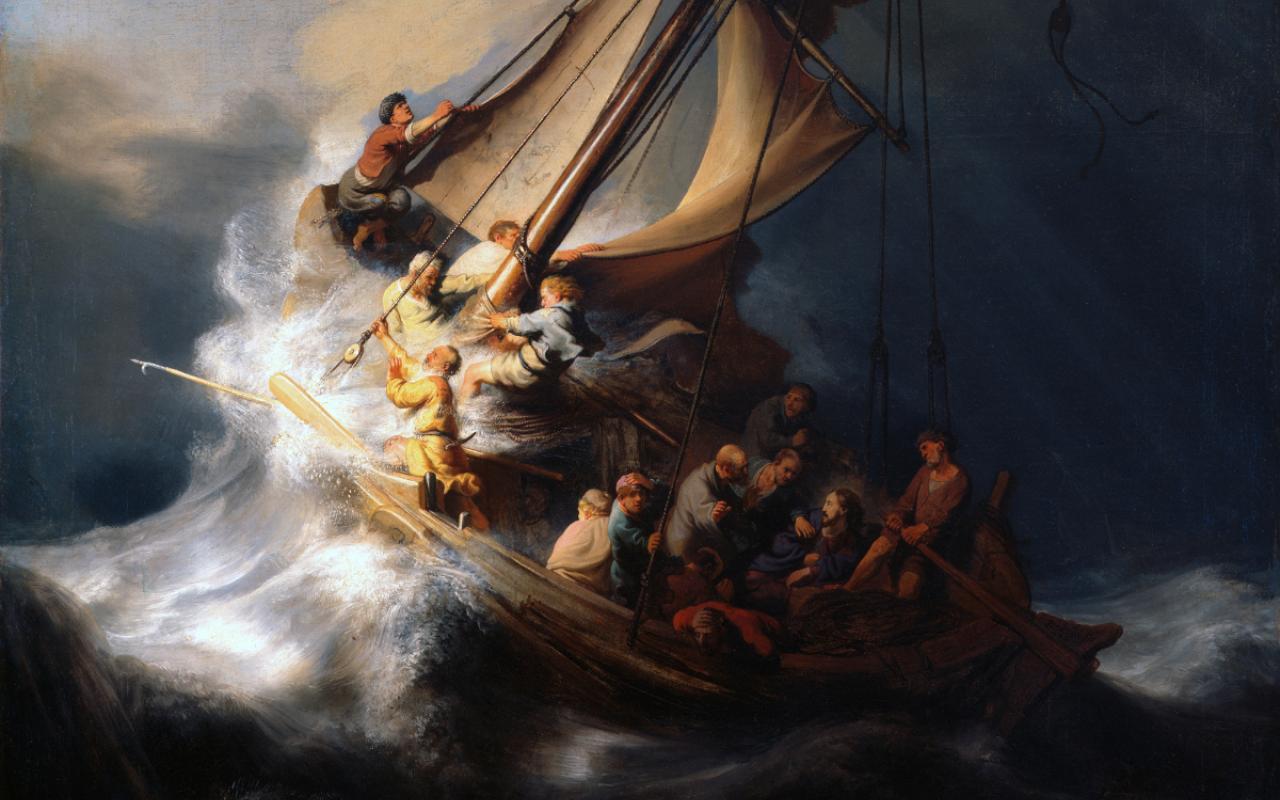
The Search for Happiness
As Christians search after meaning and fulfillment, basic truths of the faith rise to the fore: the truth of who we are and who we are called to be, the fallenness of the human race, our relation to the rest of the created order, and the promise held out to those who accept Christ as their savior.
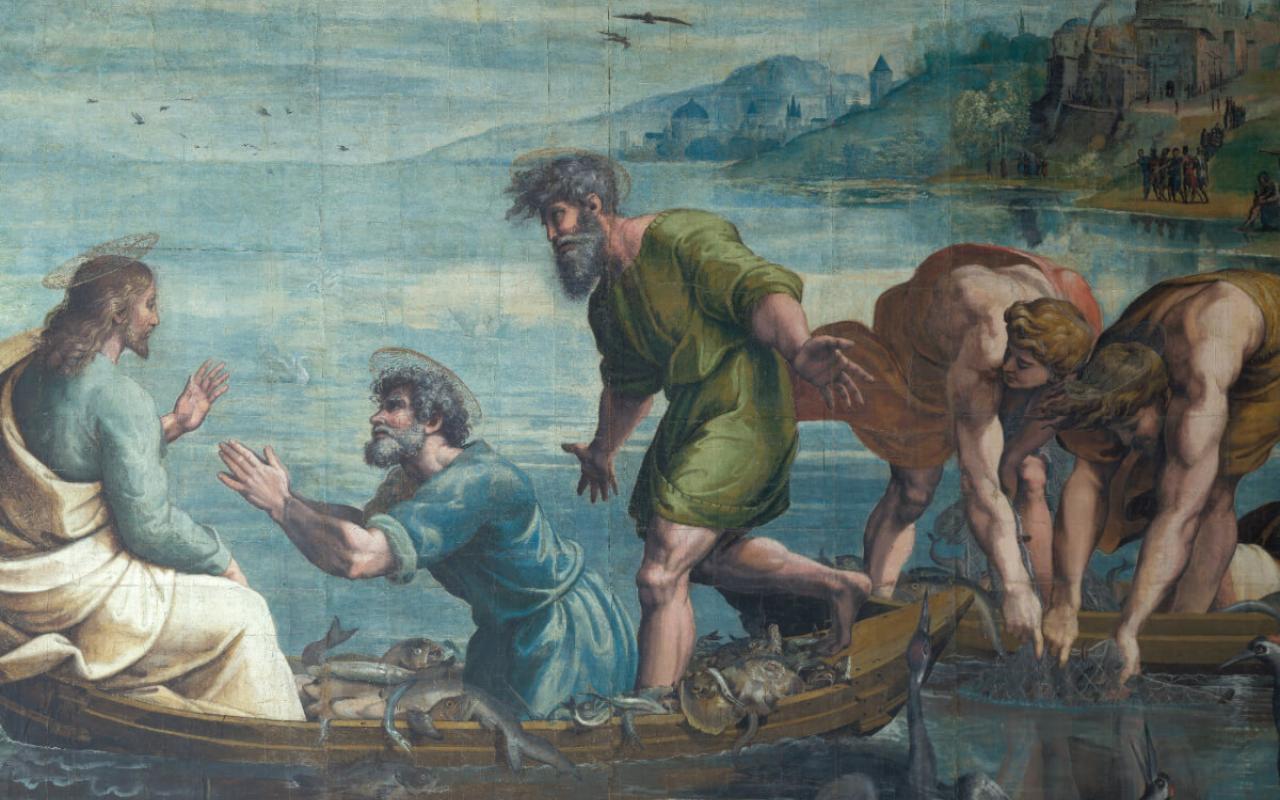
The Search for Truth
Christianity offers a complete imaginative vision of the world, making profound truth claims about reality. As Christians strive for truth and fulfillment, it becomes necessary to understand the interplay between faith and reason, as well as the proper ordering of sciences and the correct lens through which to view the Church as it operates in human history.
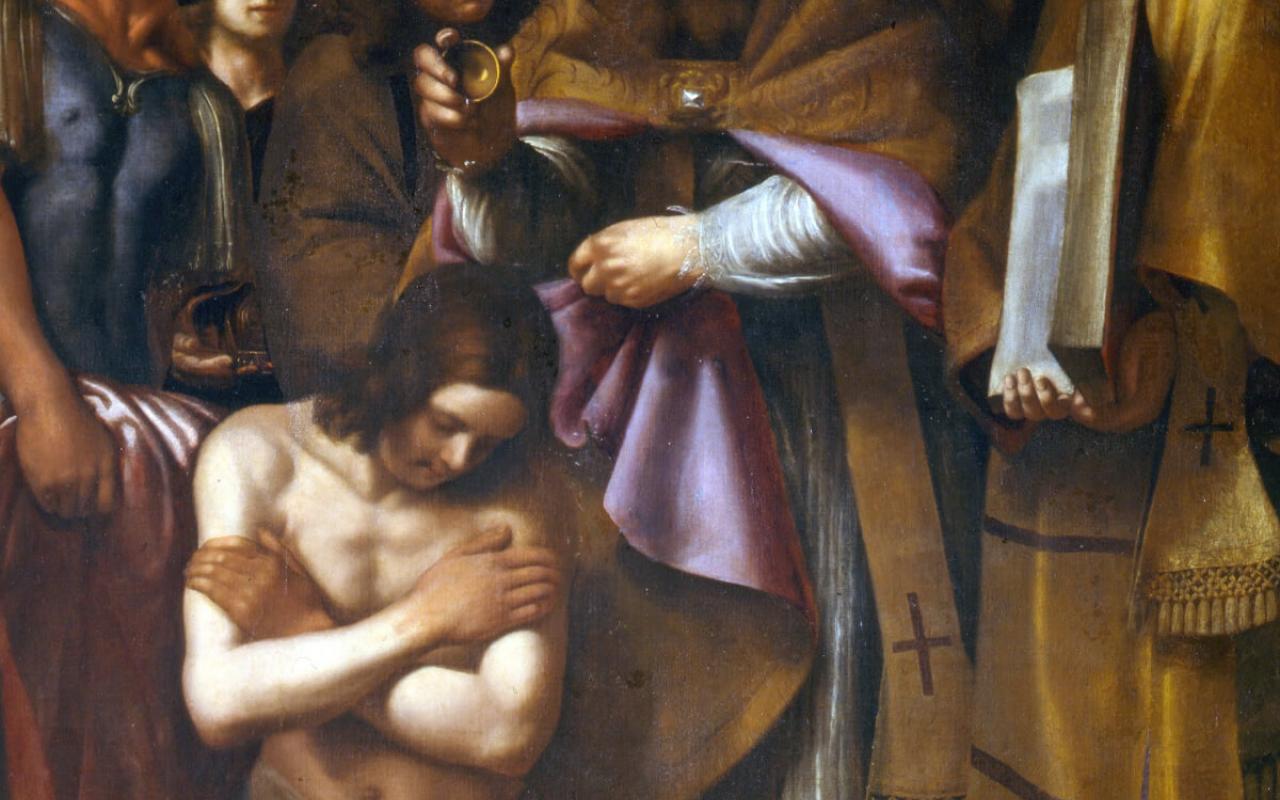
The Search for God
God loves us in the midst of our sins and imperfections; nevertheless, from this perfect love arises a call to change, to conversion. The call to become a disciple of Christ is all-encompassing, demanding that one go beyond mere interest and intrigue and make a firm act of will to accept Christ as one's Master, Guide, and Savior.
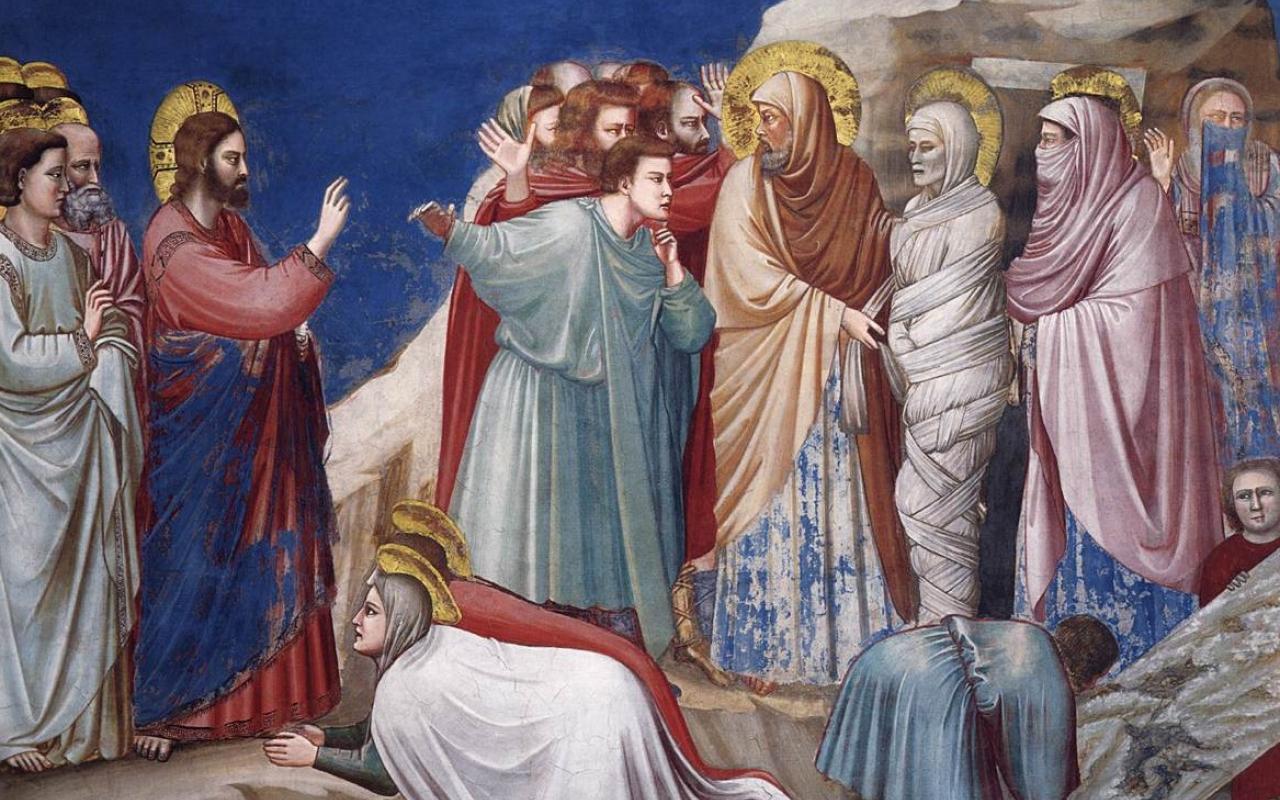
Intellectual Formation for an Apostolic Age
The technical study of Catholic humanities, history, philosophy, and theology takes on a new importance in an Apostolic Age, as faithful Christians are often immersed in a secular vision of life at odds with the vision of life presented to us by Christ.
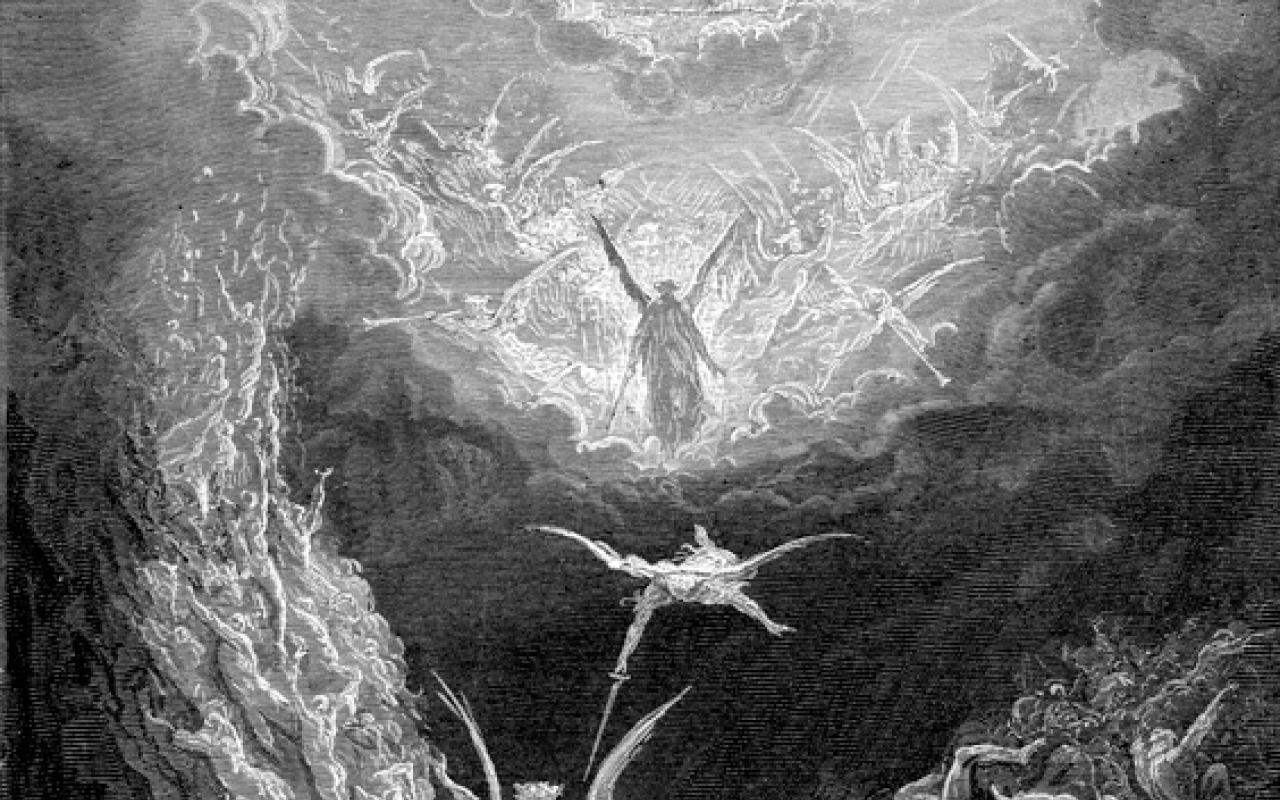
Christian Mythic Narrative: The Deep History of the World
Much of what it means to be converted in mind to Christianity – to acquire the Catholic imaginative vision – is to understand and embrace the Christian mythic narrative. While the word "myth" has come to mean "untrue account," here is meant "meaningful account," the expression of profound, cosmic truth. Through a 33-part podcast series, explore the Christian mythic narrative from beginning to end.
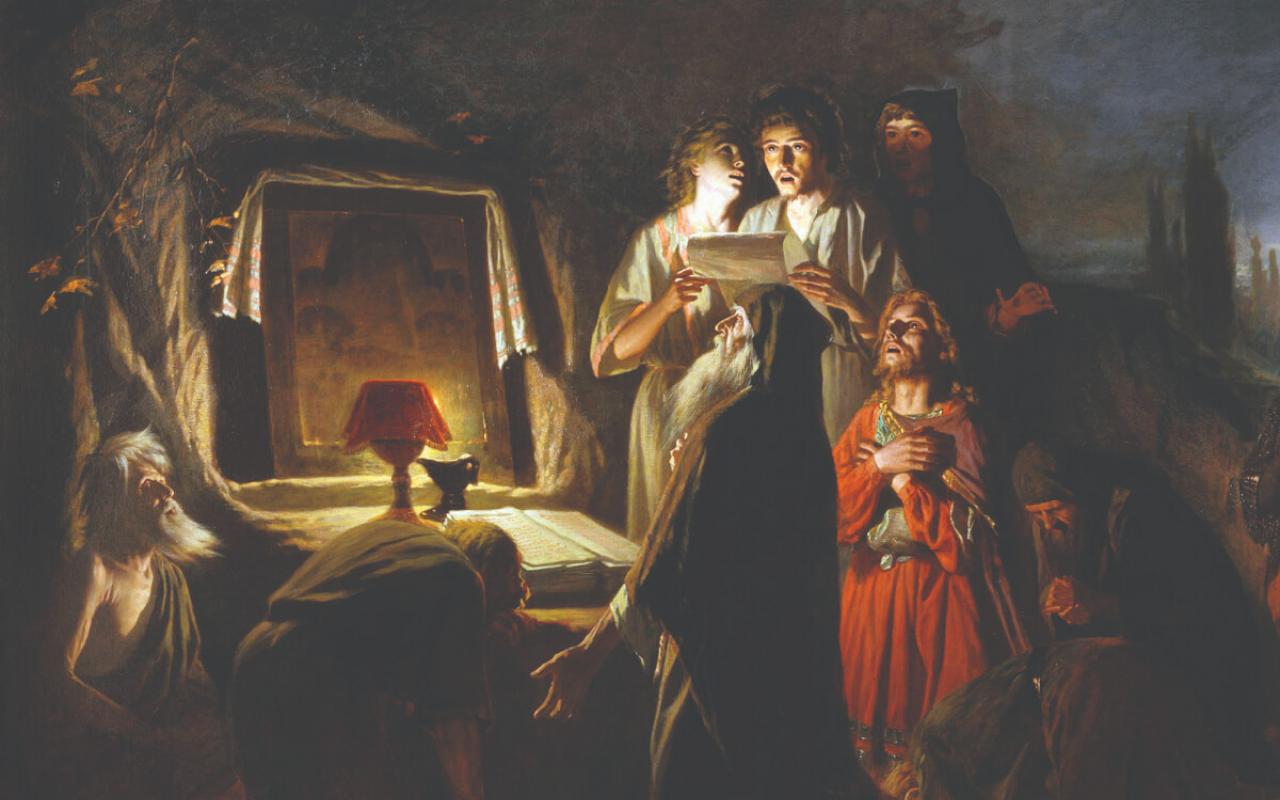
Christendom to Apostolic
In 1974, Archbishop Fulton Sheen declared, "We are at the end of Christendom. Not of Christianity, not of the Church, but of Christendom." For the Church today, the fading of Christendom is an hour of testing, calling us to recover for our age the apostolic mindset and the bright hope of those first Christians of the Cenacle.
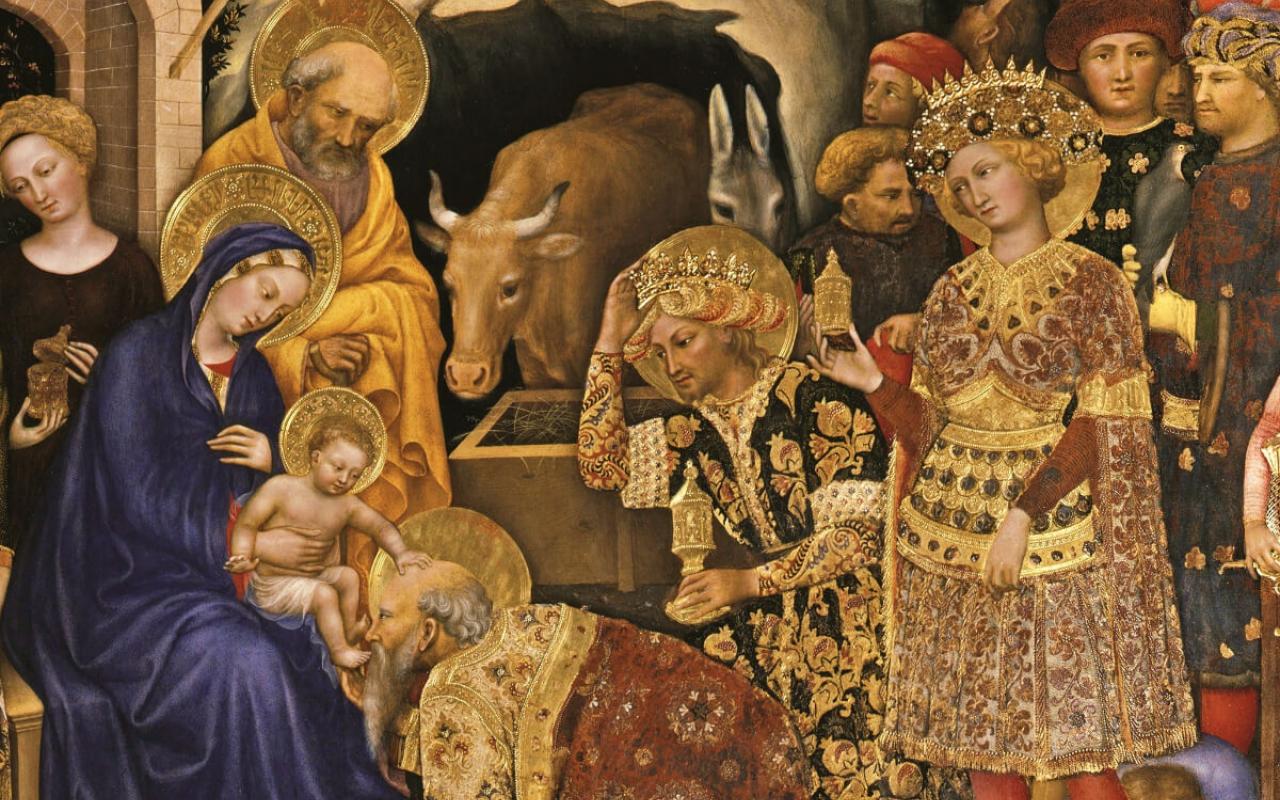
The Catholic Intellectual Tradition
The Catholic imaginative vision arises from a robust tradition of inquiry and the interplay of faith and reason. Universities founded upon this tradition exist fundamentally as communities of believers sharing life, passing the great tradition on to students in an atmosphere alive with the "gaudium de veritate" - "joy in the truth" - of St. Augustine.
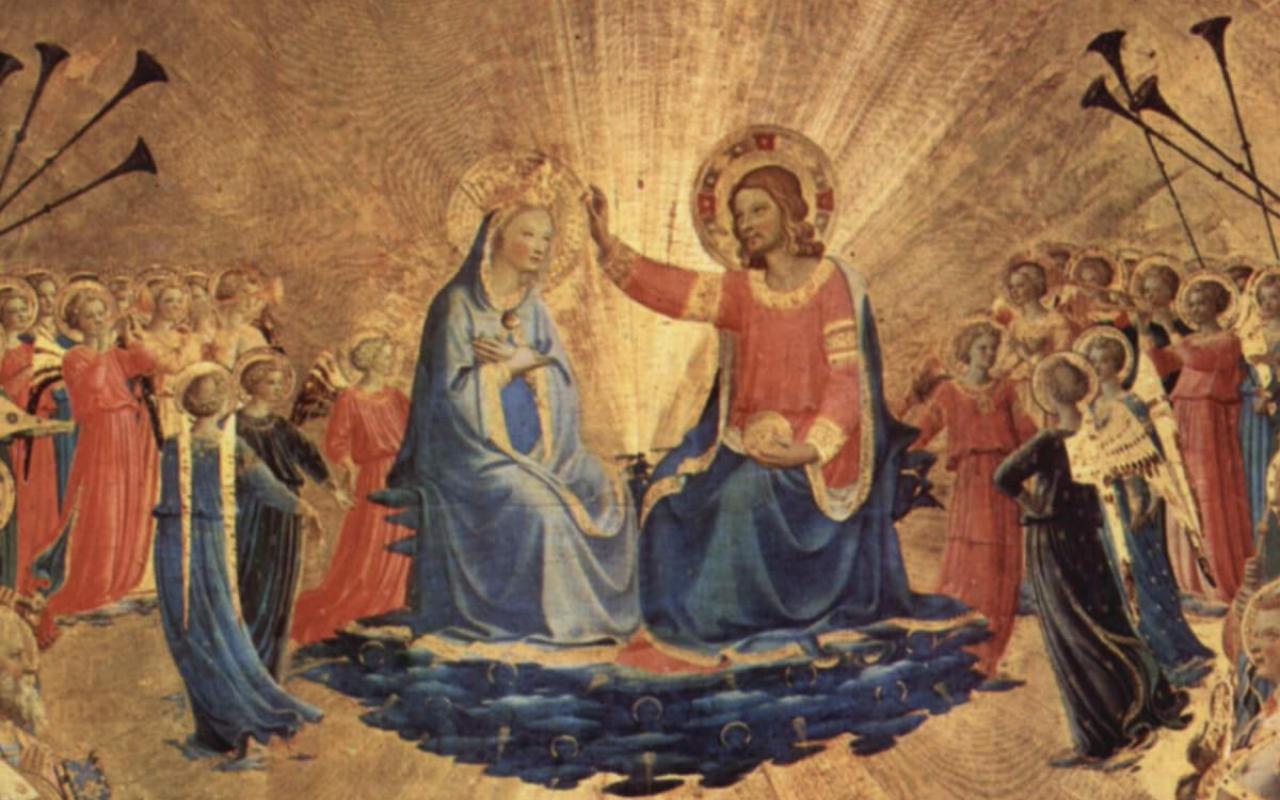
The Church
Christ instituted the Church as an institution that is at once human and divine, and it serves as God's preferred mode of bringing wounded humans into contact within himself. Despite the sins and weaknesses found among its members, it serves as the dwelling of the Holy Spirit and a continuation of the Incarnation among us.
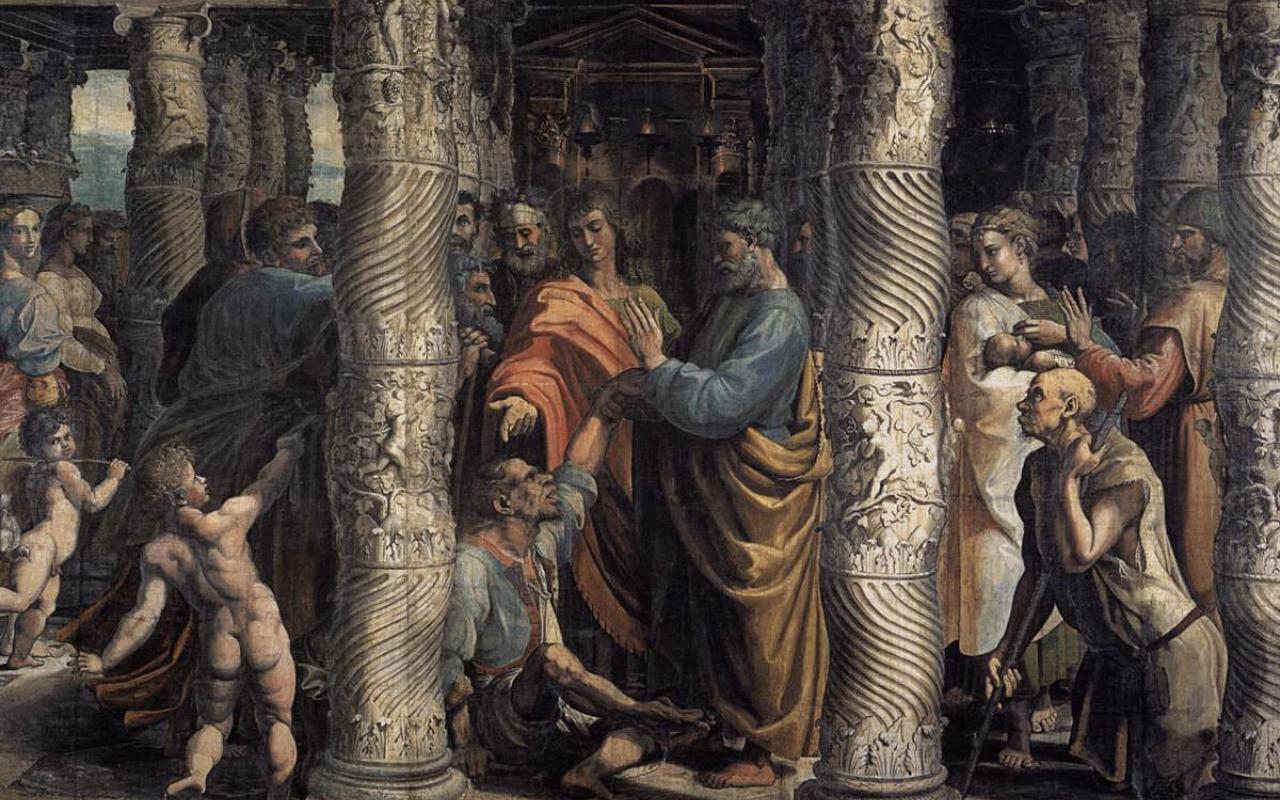
Matters of Belief
In order to grasp the overall shape of the Catholic account of reality, it is important to understand what it claims to be in the first place. What does it mean to say Christianity is a revealed religion? How are we to grapple with mystery? What does it mean to accept salvation?
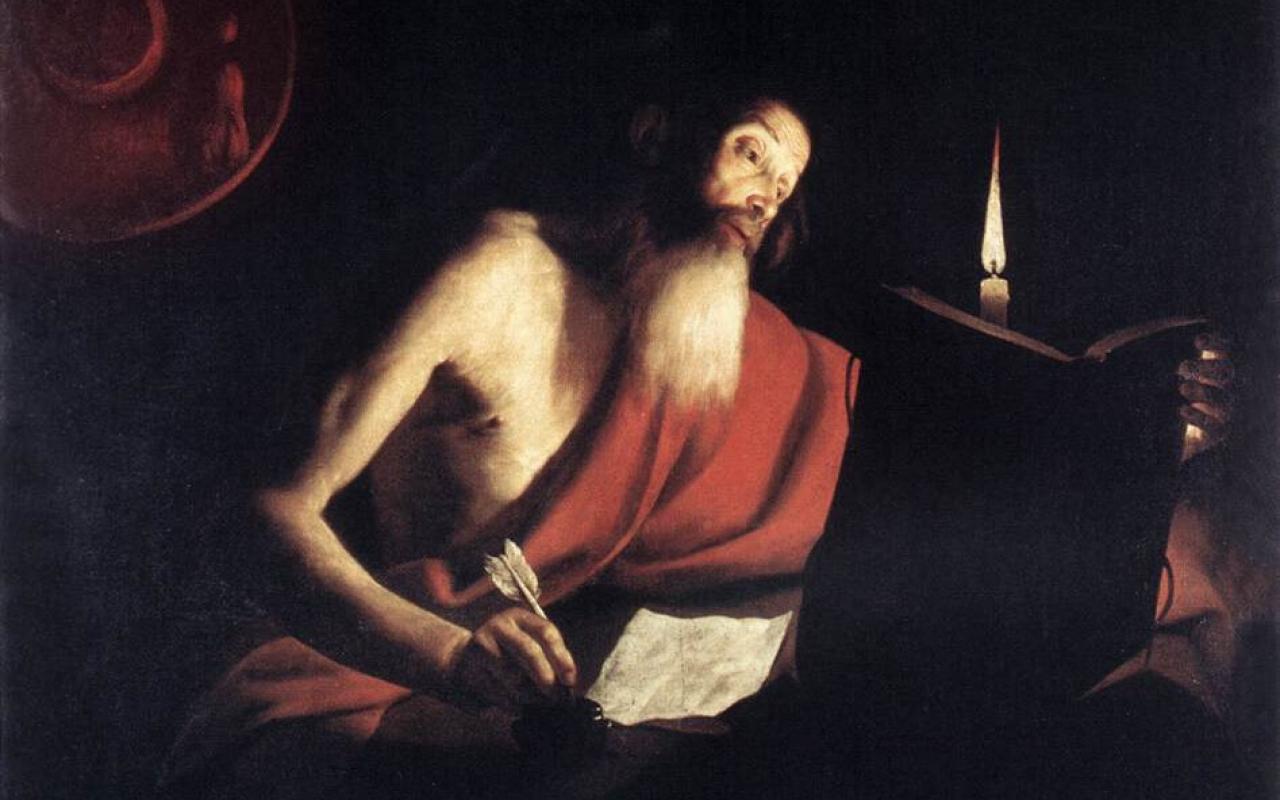
From Shadows into the Light
In the final days of Lent in the midst of the 2020 coronavirus pandemic, Monsignor James P. Shea delivered a retreat from an empty campus entitled, "From Shadows into the Light: Gaining the Eyes of Faith." Pairing reflections on the gift of faith with Adoration of the Blessed Sacrament, these reflections were delivered daily from Palm Sunday through Holy Saturday.
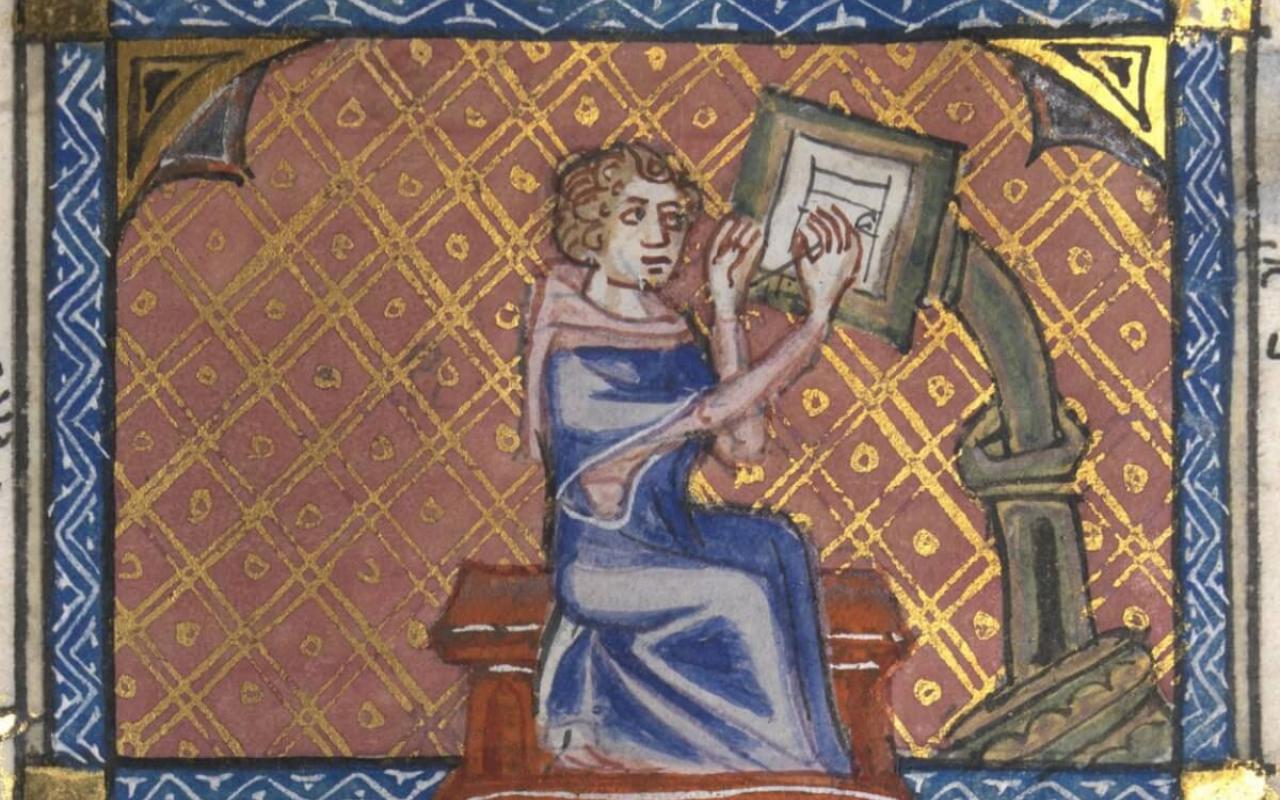
Primer Videos
Encounter some of the best of Prime Matters in brief primer videos. These videos are meant to illuminate some of the most essential Prime Matters content, illustrating our ideas for Catholics and all people of goodwill.
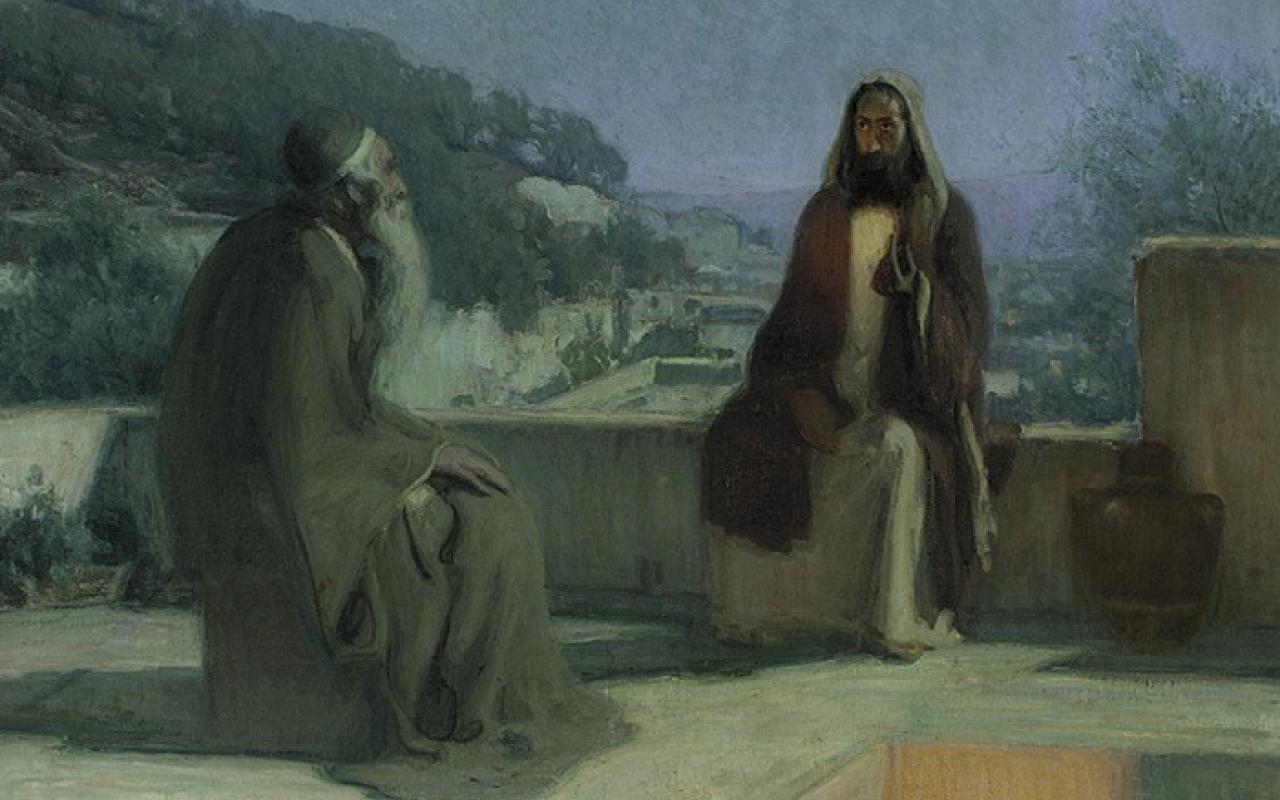
Prayer and Discernment
Every person was created to know, love, and serve God, and prayer is necessary if we are to live this out. How are we to pray? How are we to discern God’s voice in order to act upon it? Monsignor Thomas J. Richter, a priest of the Diocese of Bismarck known for his work in spiritual and vocations direction, joined Father Dominic Bouck, chaplain of the University of Mary, to discuss these questions.
